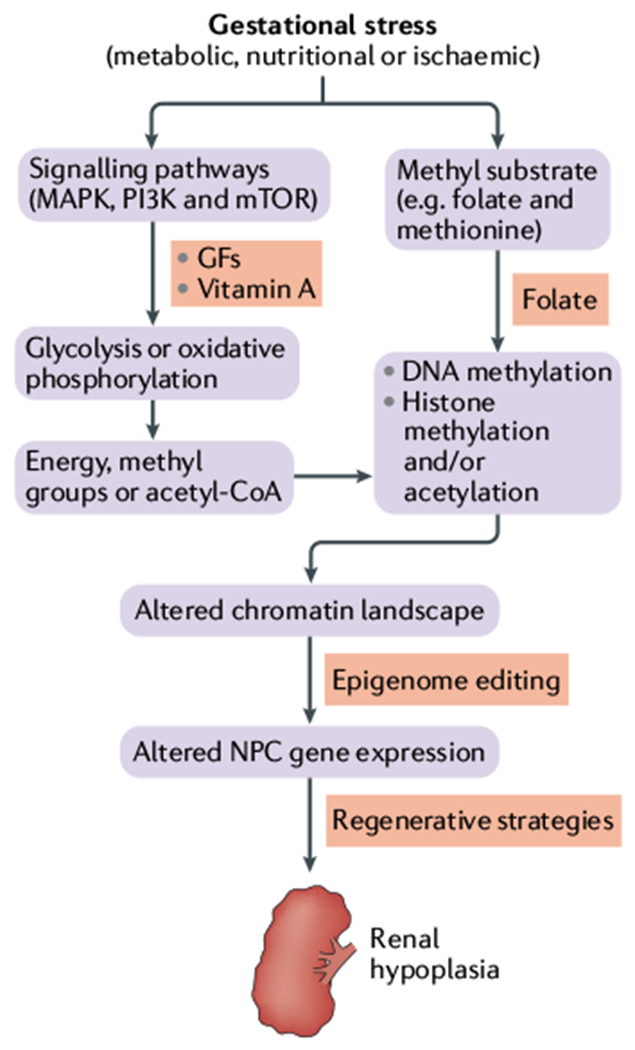Fig. 1|. The link between gestational stress, epigenetic mechanisms and congenital nephron deficit.

The renewal of nephron progenitor cells (NPCs), and thus maintenance of the nephrogenic niche, depends on activation of growth and proliferation pathways, such as those involving the mitogen-activated protein kinase (MAPK), phosphoinositide 3- kinase (PI3K) and mechanistic target of rapamycin (mTOR), and their downstream energy-producing pathways. A high level of glycolysis relative to oxidative phosphorylation favours NPC self-renewal. Glycolysis also provides acetyl-CoA and methyl group substrates for DNA and histone modifications. Intrauterine growth restriction (IUGR) can limit the supply of these essential substrates from the mother to the fetus, altering the chromatin landscape and leading to renal hypoplasia. Interventions to enhance availability of these substrates include supplementation with growth factors (GFs) to stimulate glycolysis and folate supplementation. Delivery of targeted epigenome editors might also modulate the accessibility of dynamic developmental enhancers that are affected by IUGR.
